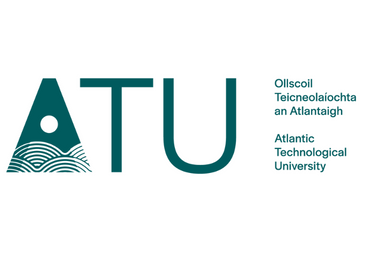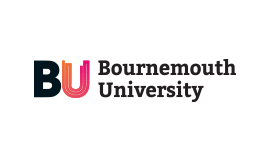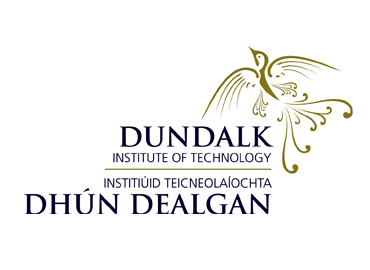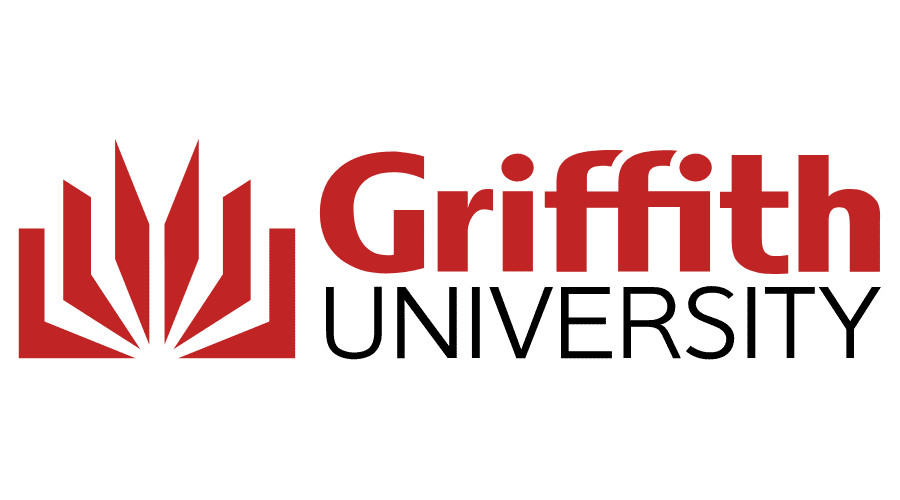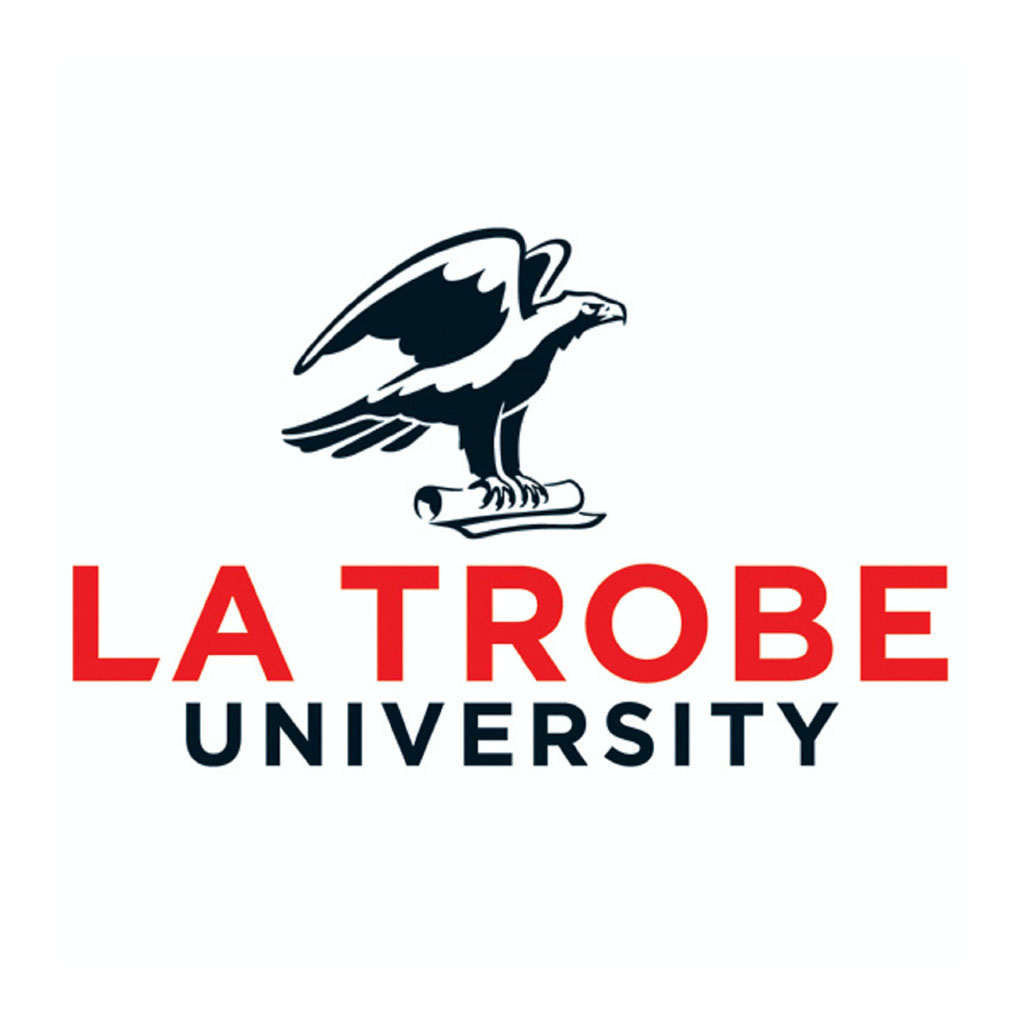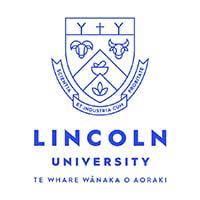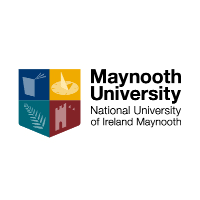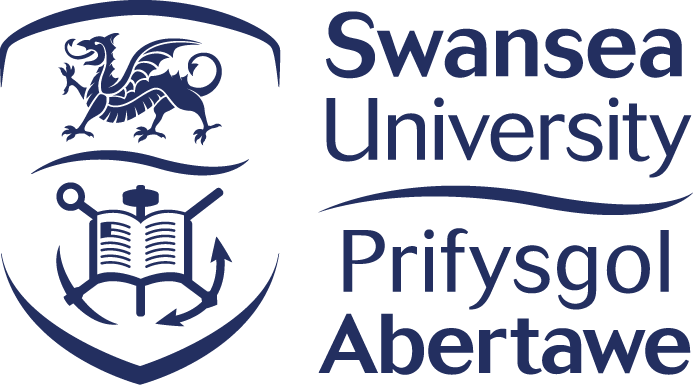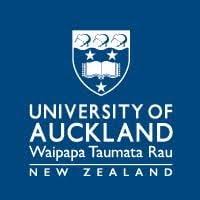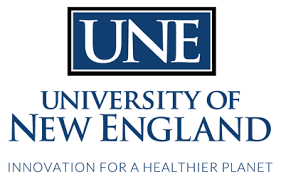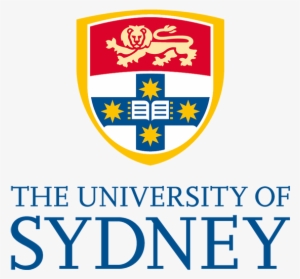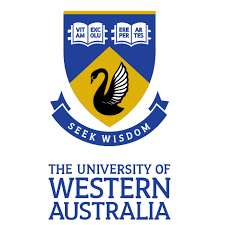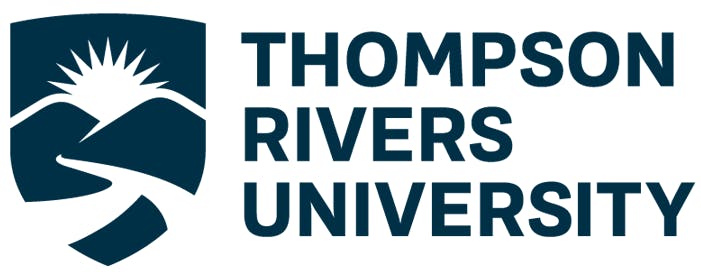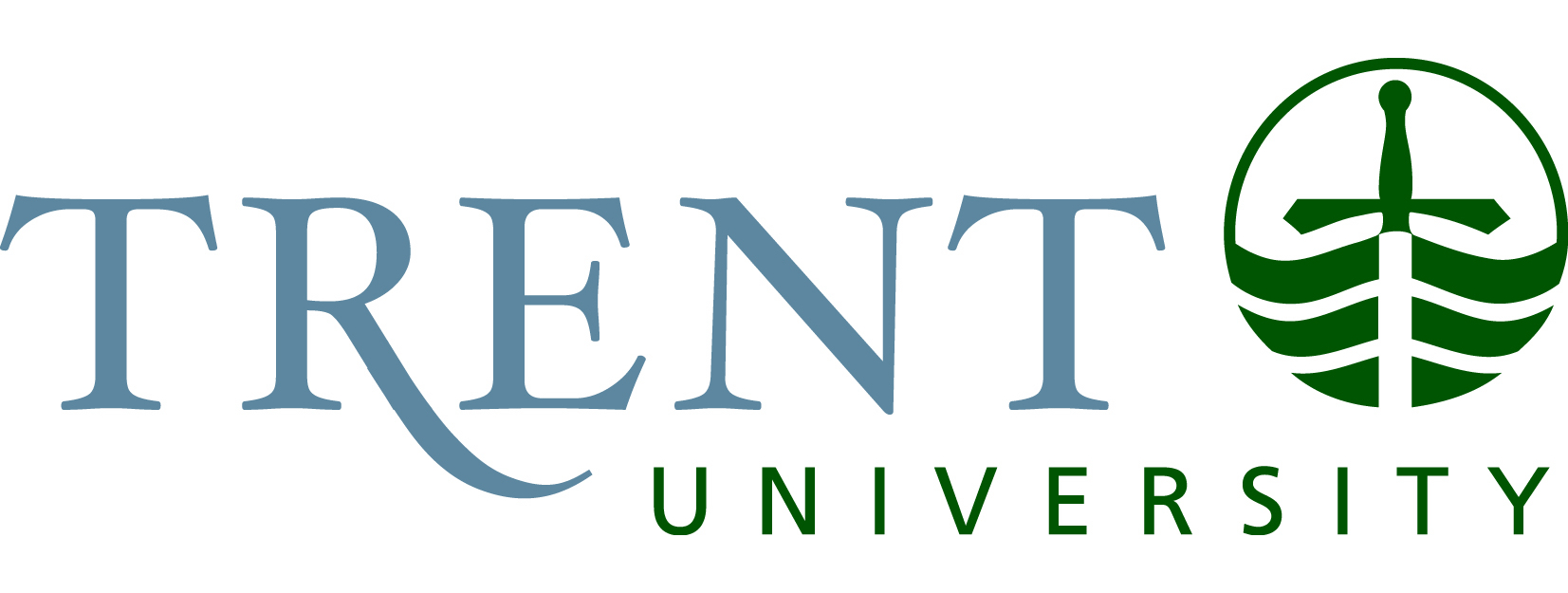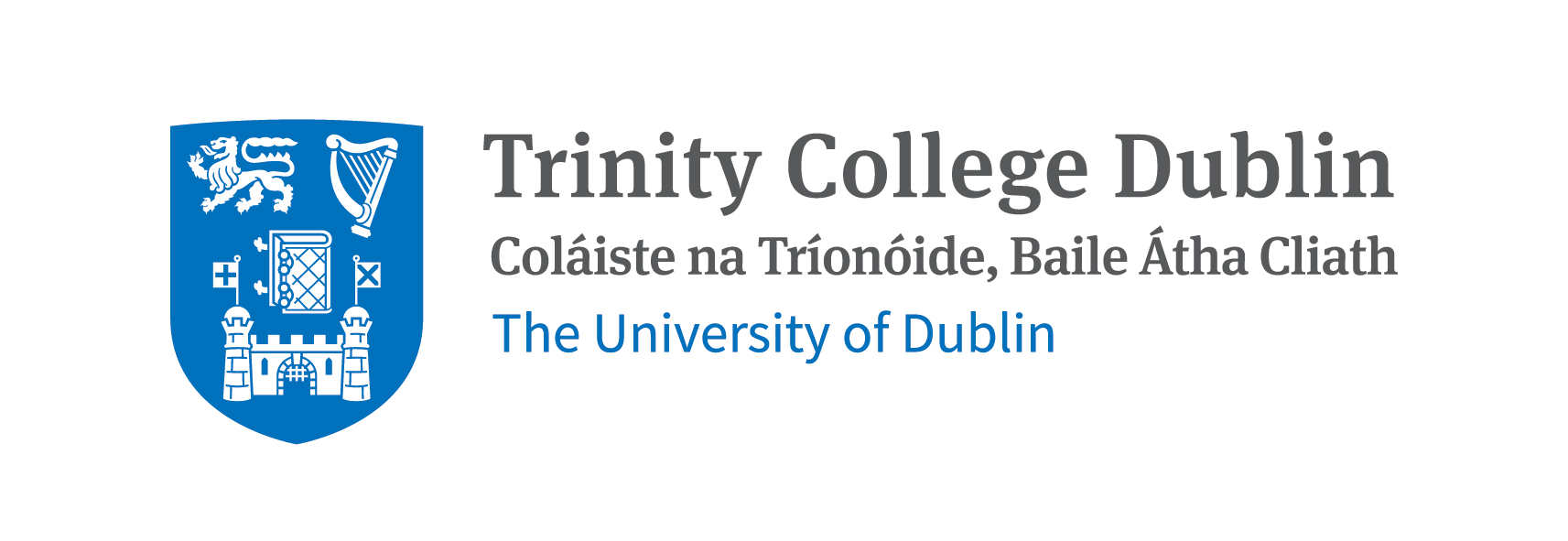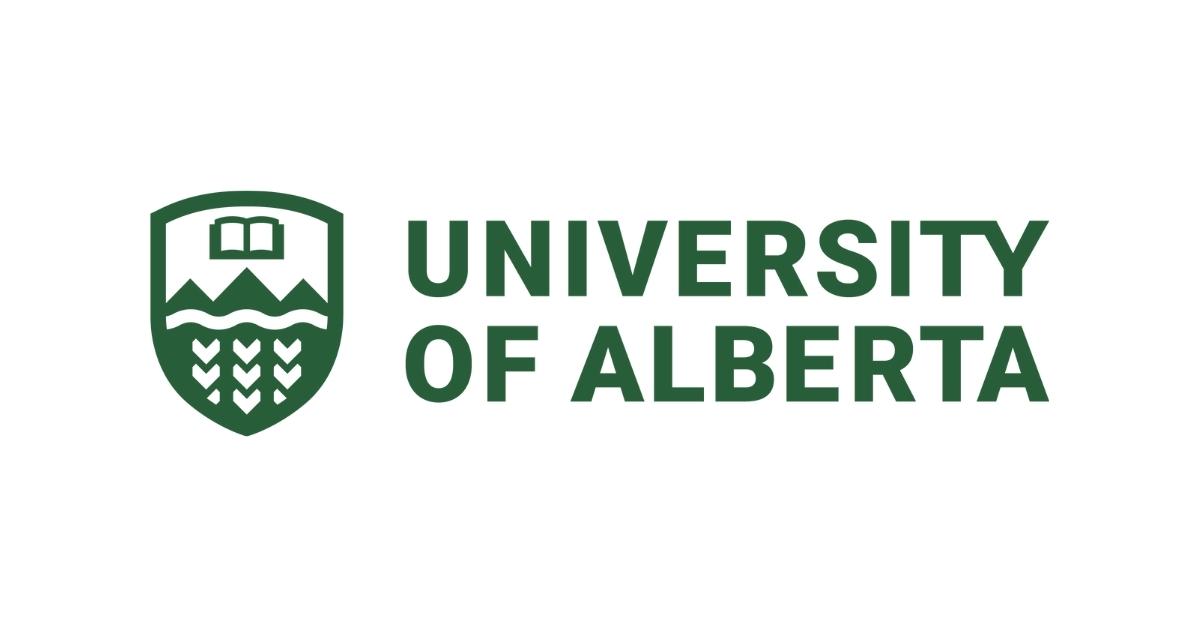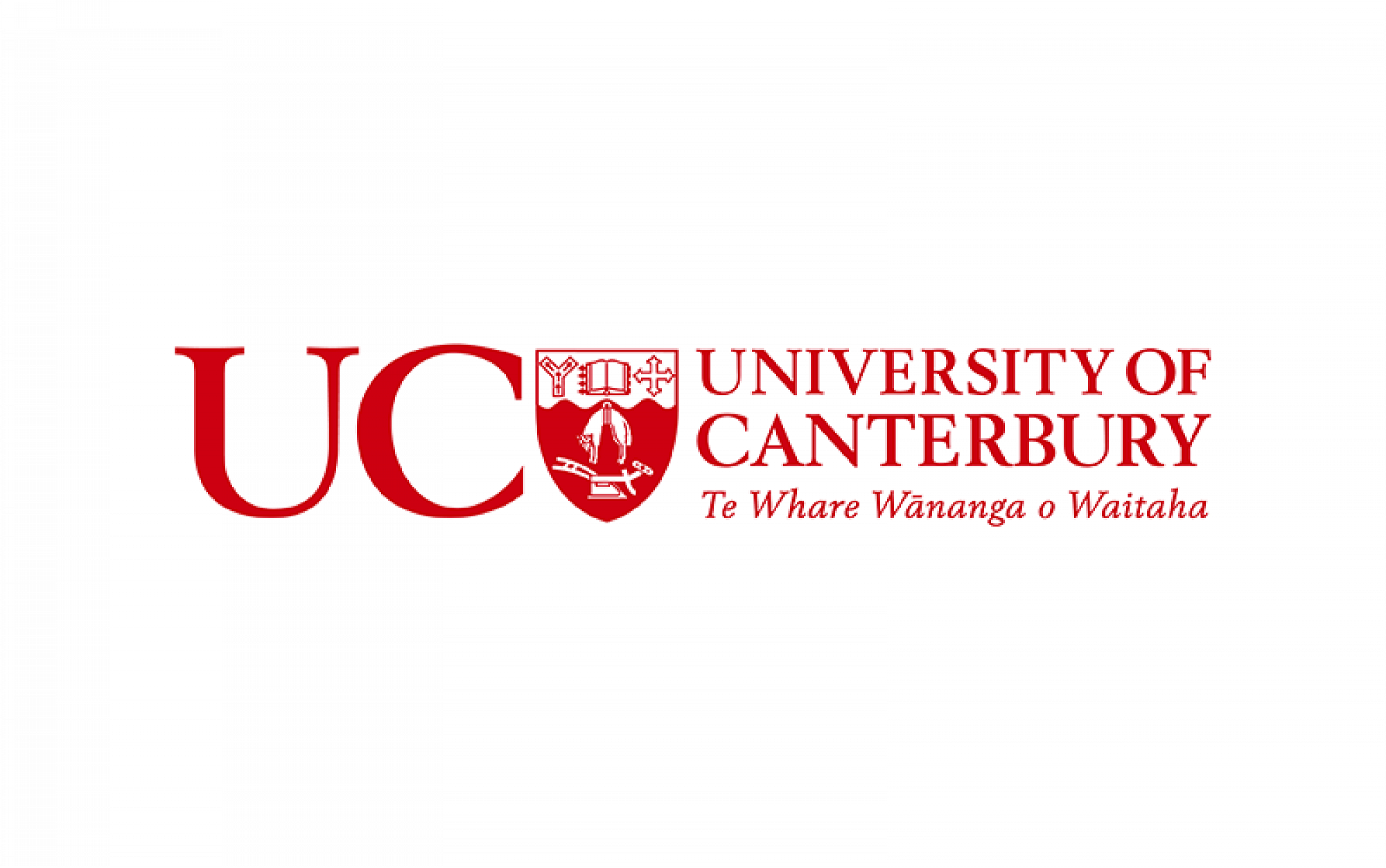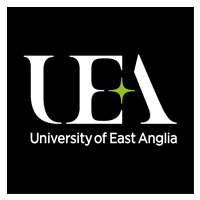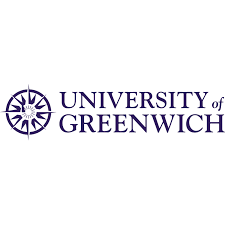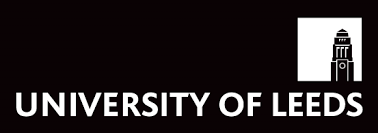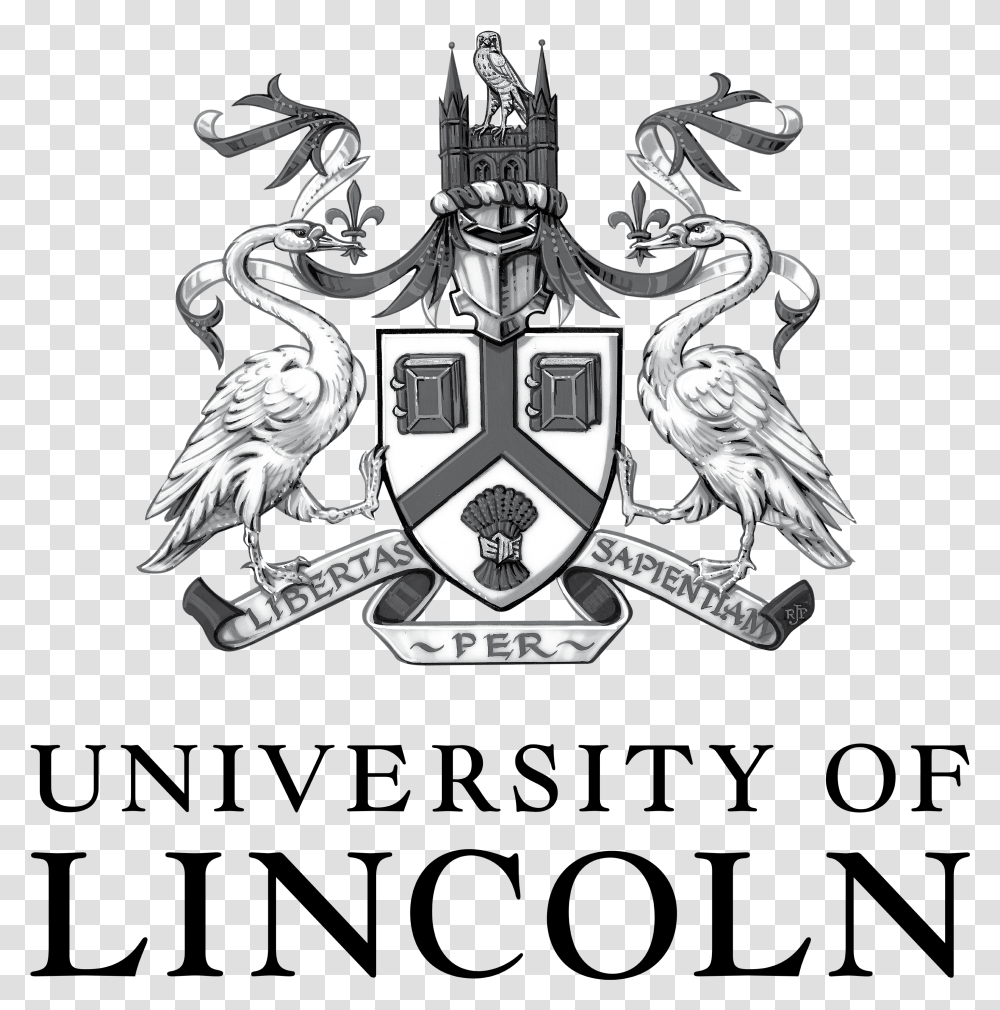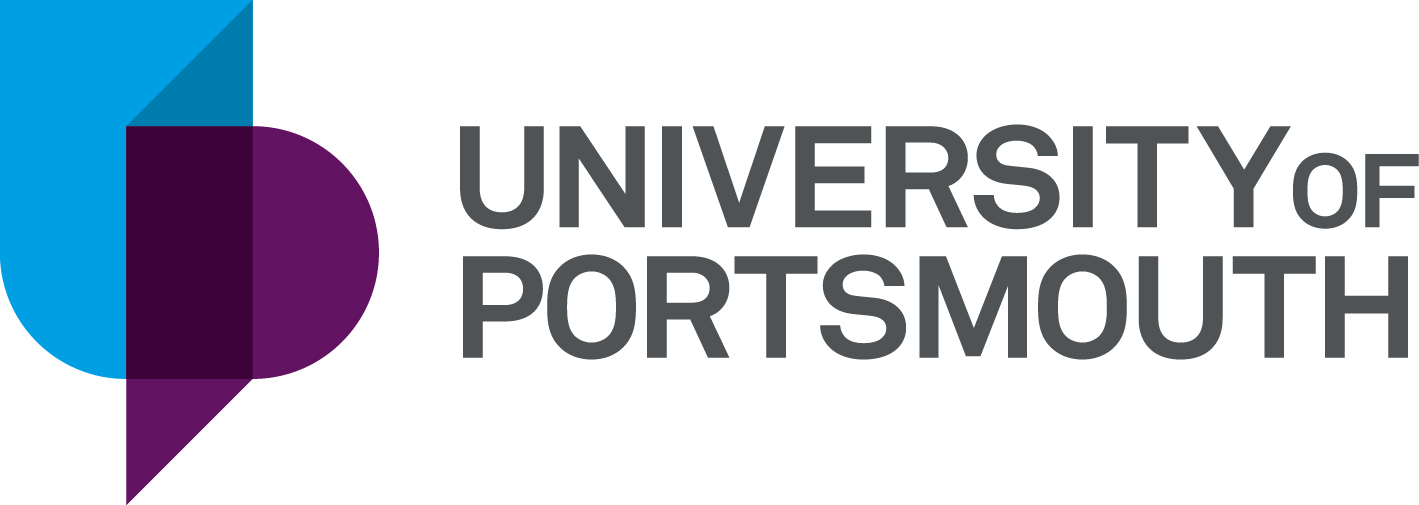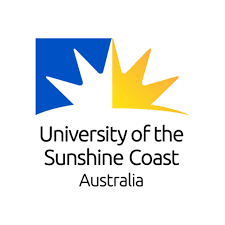Embark on Your Scientific Journey Abroad
Are you an aspiring scientist from India with a passion for discovery and a thirst for global knowledge? Studying Science abroad offers an unparalleled opportunity to immerse yourself in cutting-edge research, diverse academic environments, and innovative teaching methodologies. This course page is designed to guide you through the exciting world of international scientific education, highlighting the immense benefits and practicalities of pursuing your Science degree overseas.
The field of Science is vast and ever-evolving, encompassing everything from the fundamental laws of the universe to the intricacies of life itself. By choosing to study abroad, you're not just gaining a degree; you're gaining a global perspective, a network of international peers and mentors, and access to resources that can propel your career to extraordinary heights. Imagine conducting research in state-of-the-art laboratories, collaborating with world-renowned scientists, and experiencing different cultures – all while earning a qualification that is recognized and respected worldwide.
Why Study Science Abroad?
The decision to study Science abroad is a transformative one. Here’s why it’s an excellent choice for Indian students:
- Access to Advanced Research Facilities: Many international universities boast cutting-edge laboratories, observatories, and research centers that may not be readily available in India.
- Diverse Specializations: Explore a wider array of specialized scientific fields and interdisciplinary programs, allowing you to tailor your education to your specific interests.
- Global Perspective: Understand scientific challenges and solutions from an international viewpoint, preparing you for a globalized workforce.
- Networking Opportunities: Connect with students and faculty from around the world, building a valuable professional network.
- Enhanced Employability: Graduates with international degrees often stand out to employers, demonstrating adaptability, independence, and a broad skill set.
- Cultural Immersion: Experience a new culture, learn new languages, and develop invaluable life skills beyond academics.
- Innovative Teaching Methods: Benefit from pedagogical approaches that emphasize critical thinking, practical application, and independent research.
Popular Science Disciplines Abroad
The world of Science is incredibly diverse. Here are some of the most popular and impactful disciplines you can pursue:
| Discipline | Key Focus Areas | Career Prospects |
|---|---|---|
| Physics | Quantum Mechanics, Astrophysics, Particle Physics, Condensed Matter | Research Scientist, Engineer, Data Analyst, Financial Modeler |
| Chemistry | Organic, Inorganic, Physical, Analytical, Biochemistry, Materials Science | Chemist, Pharmacologist, Forensics, Environmental Scientist, Product Developer |
| Biology | Genetics, Microbiology, Ecology, Zoology, Botany, Neuroscience | Biologist, Biotechnologist, Medical Researcher, Conservationist, Educator |
| Computer Science | AI, Machine Learning, Software Engineering, Cybersecurity, Data Science | Software Developer, AI Engineer, Data Scientist, Network Architect, UX Designer |
| Environmental Science | Climate Change, Sustainability, Pollution Control, Conservation Biology | Environmental Consultant, Policy Analyst, Hydrologist, Ecologist |
| Mathematics | Pure Math, Applied Math, Statistics, Financial Mathematics | Mathematician, Statistician, Actuary, Cryptographer, Quantitative Analyst |
Top Study Destinations for Science
Several countries are globally renowned for their excellence in scientific education and research. While the best choice depends on your specific discipline and career goals, here are some top contenders:
- United States: Home to many of the world's top-ranked universities and research institutions, offering unparalleled resources and diverse specializations.
- United Kingdom: Known for its historic universities, strong research output, and a wide range of specialized courses.
- Canada: Offers high-quality education, a welcoming multicultural environment, and often more affordable tuition fees compared to the US.
- Australia: Excellent research opportunities, a vibrant student life, and a strong focus on practical, industry-relevant skills.
- Germany: Renowned for its engineering and natural sciences programs, often with low or no tuition fees at public universities, especially for PhDs.
- Netherlands: Leading in innovation and research, with many programs taught entirely in English.
- Singapore: A rapidly growing hub for science and technology, offering world-class education and research opportunities in Asia.
Admission Requirements and Application Process
While requirements vary by university and country, here’s a general overview for Indian students:
- Academic Transcripts: Official transcripts from your previous institutions (10th, 12th, Bachelor's degree if applying for Master's/PhD).
- English Proficiency Tests: IELTS or TOEFL scores are almost always required for non-native English speakers.
- Standardized Tests:
- Undergraduate: SAT or ACT scores may be required, especially for US universities.
- Postgraduate: GRE scores are often a requirement for Master's and PhD programs in the US and Canada.
- Letters of Recommendation (LORs): Typically 2-3 letters from professors or supervisors who can attest to your academic abilities and potential.
- Statement of Purpose (SOP)/Personal Statement: A compelling essay outlining your academic background, research interests, career goals, and why you wish to study at that particular university.
- Resume/CV: Detailing your academic achievements, research experience, publications (if any), internships, and extracurricular activities.
- Portfolio: For certain specialized scientific fields, a portfolio of projects or research work might be beneficial.
The application process usually involves submitting an online application, paying an application fee, and then sending official documents. It's crucial to start early, as deadlines can be as much as 12-18 months before the program start date, especially for competitive universities.
Funding Your Science Education Abroad
Financing your studies is a significant consideration. Here are common avenues for Indian students:
- Scholarships:
- University-Specific Scholarships: Many universities offer merit-based or need-based scholarships.
- Government Scholarships: Schemes like the Fulbright-Nehru Master’s Fellowships (for US), Chevening Scholarships (for UK), and Endeavour Scholarships (for Australia) are highly sought after.
- External Organizations: Various foundations and trusts offer scholarships for international students.
- Assistantships (for Master's/PhD): Research Assistantships (RA) or Teaching Assistantships (TA) often cover tuition and provide a stipend in exchange for work.
- Education Loans: Several banks in India offer education loans for studying abroad, often with competitive interest rates.
- Personal Savings: A portion of your expenses might need to be covered by personal or family savings.
Life as a Science Student Abroad
Beyond the classroom and lab, life as an international science student is rich with experiences:
- Academic Rigour: Be prepared for a challenging yet rewarding academic environment that fosters independent learning and critical thinking.
- Research Opportunities: Actively seek out research projects, internships, and collaborations with faculty. These experiences are invaluable for your growth and future career.
- Student Support Services: Universities abroad offer extensive support for international students, including academic advising, career services, health and wellness programs, and international student offices.
- Cultural Adaptation: Embrace the new culture, join student clubs, participate in local events, and explore your surroundings. This will significantly enhance your overall experience.
- Part-time Work: Many countries allow international students to work part-time during their studies, which can help with living expenses and provide valuable work experience. Ensure you understand the visa regulations regarding this.
Studying Science abroad is an investment in your future, offering a blend of academic excellence, personal growth, and global opportunities. It’s a chance to contribute to the world's scientific advancements while building a truly international career.
Ready to Explore?
If you're eager to take the next step in your scientific journey, our advisors are here to help. We can assist you with:
- Identifying the best universities and programs that align with your interests and academic profile.
- Navigating the complex application process, including essay writing and document preparation.
- Preparing for standardized tests and English proficiency exams.
- Exploring scholarship and funding opportunities.
- Understanding visa requirements and pre-departure formalities.
Your future in Science awaits. Let us help you unlock its global potential!


